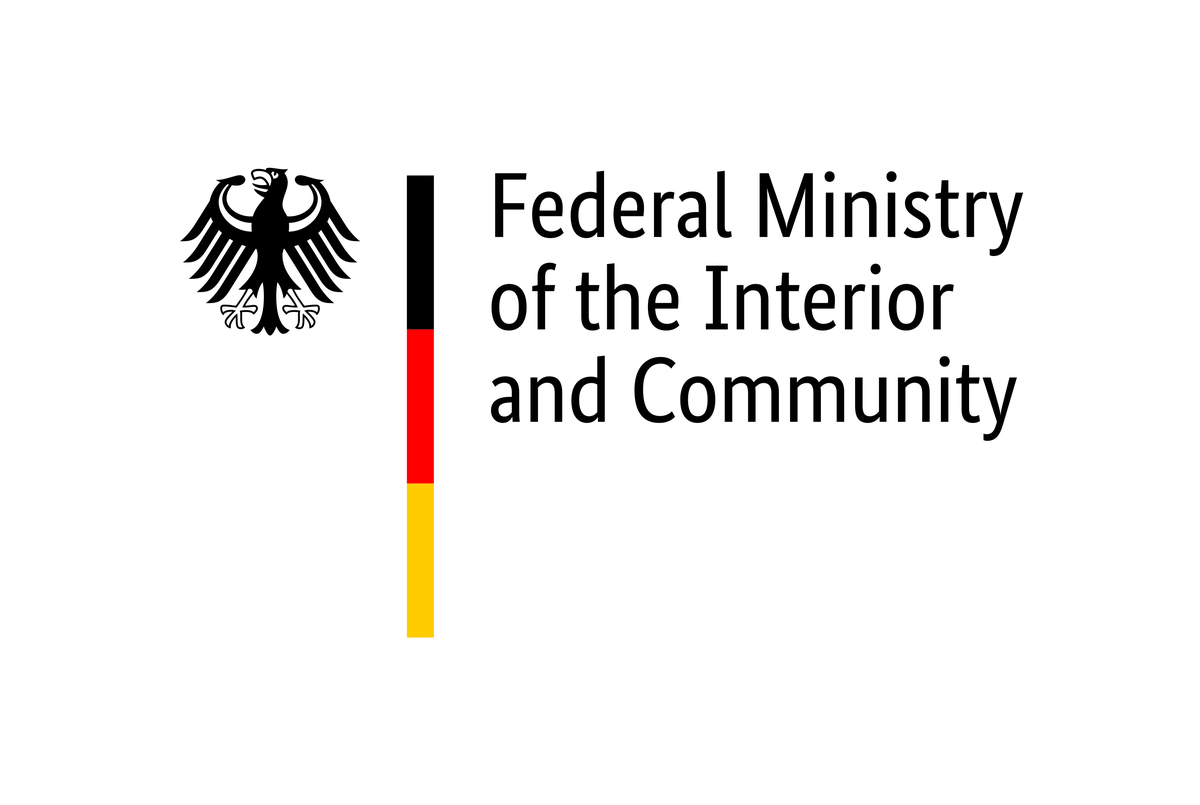PrEval – Evaluation Designs for Prevention Measures (2020–2022)
The PrEval project (Evaluation Designs for Prevention Measures – Multi-method Approaches to Impact Assessment and Quality Management in Extremism Prevention and the Interfaces to Violence Prevention and Political Education) was a research and transfer project to survey evaluation needs and capacities in extremism prevention in Germany. PrEval aimed to develop multi-method evaluation designs, including the interfaces with crime prevention and civic education. A key benefit of the project was the involvement of various prevention actors – from administration, academia and professional practice – who arrived at a common understanding of the problem through dialogue. Parts of the project work were extensive measures to transfer the findings into practice.
PrEval addressed a broad range of phenomena, including political and religious extremism, addressing measures from civic education, primary, secondary and tertiary prevention, and interfaces with crime prevention. PrEval used analysis, monitoring and mapping formats and developed multi-method evaluation designs based on selected pilot studies.
The project was funded by the German Federal Ministry of the Interior and Community (BMI) with a duration from March 2020 to June 2022 with funds from the “National Prevention Program against Islamist Extremism” (NPP).
Topics
PrEval’s work program was divided into three pillars, all of which followed the dialogic self-conception of the network and were thus implemented jointly by researchers and professional practitioners.
- Monitoring of evaluation needs and mapping of evaluation capacities in Germany, as well as a survey and assessment of evaluation structures in other countries
- Development, testing and preparation of multi-method evaluation designs
- The transfer of findings into numerous knowledge transfer formats (see publications and events)
The Research Network (2020–2022)
“PrEval – Evaluation Designs for Prevention Measures” was carried out by a network of relevant research institutes and a practitioner organization from the field, but was conceived as a broad network, which was reflected in the involvement of other relevant actors in analysis and knowledge transfer formats.
Partners of the project were:
- Peace Research Institute Frankfurt (PRIF; coordination)
- DIPF Leibniz Institute for Research and Information in Education
- Global Public Policy Institute (GPPi)
- Institut für interdisziplinäre Konflikt- und Gewaltforschung an der Universität Bielefeld (IKG)
- Violence Prevention Network (VPN)
In addition, other network and cooperation partners were involved. Network partners included the Federal Office for Migration and Refugees (BAMF), the Bundeskriminalamt (BKA), the Federal Agency for Civic Education (bpb), the German Youth Institute (DJI) and the Nationales Zentrum für Kriminalprävention (NZK).
Cooperation partners were Dr. Matthias Quent (IDZ) and ufuq.de e.V..
